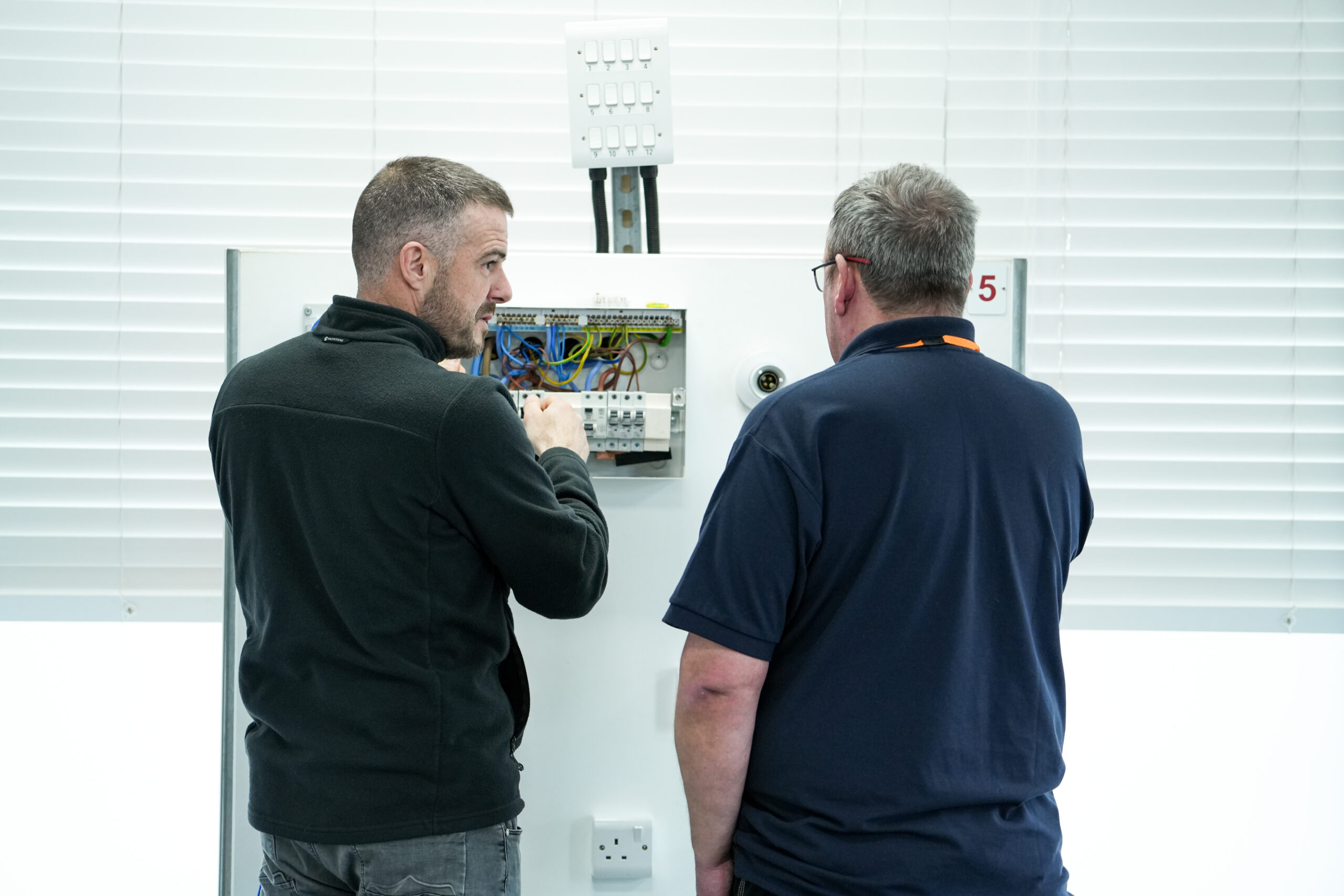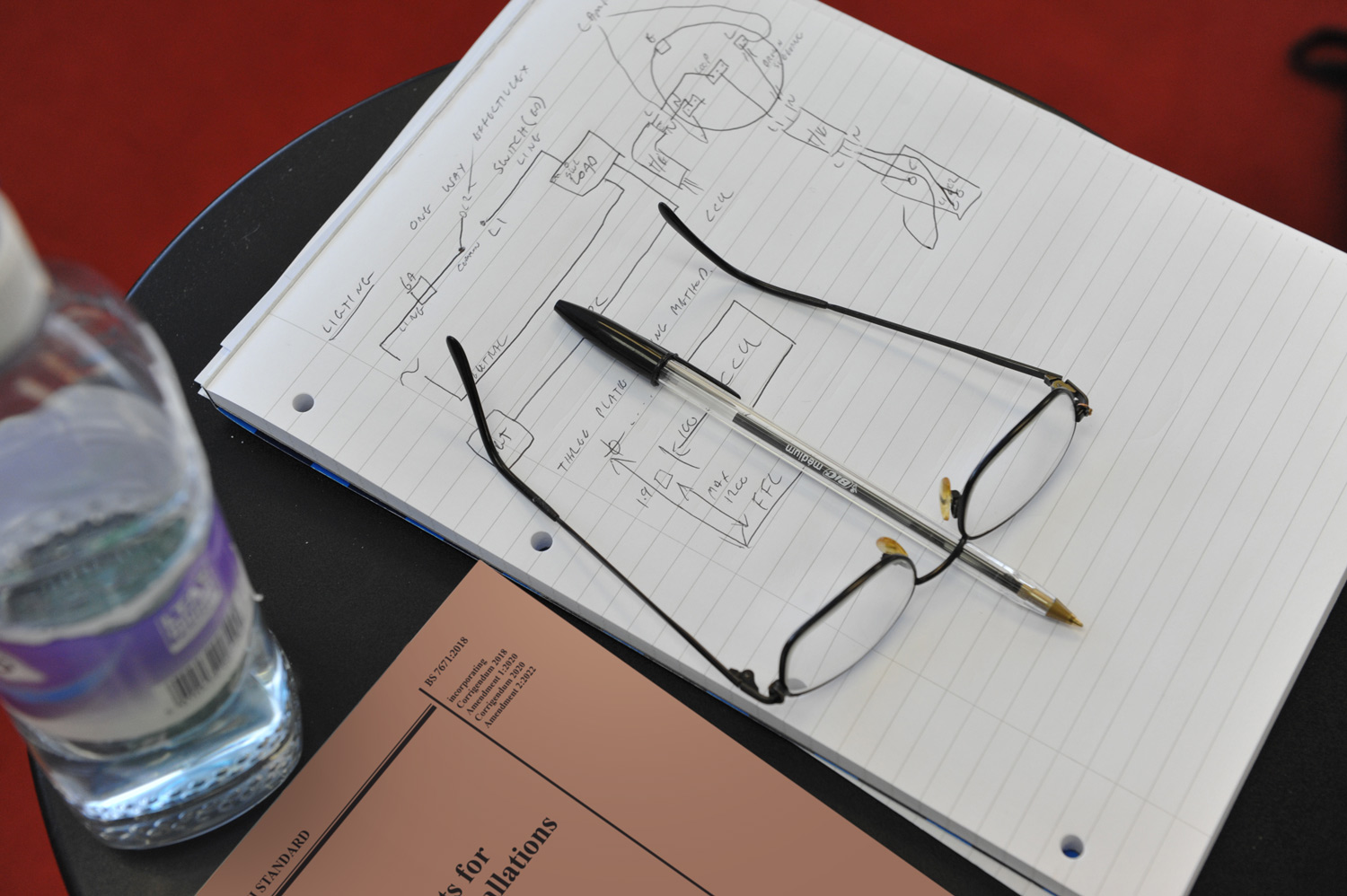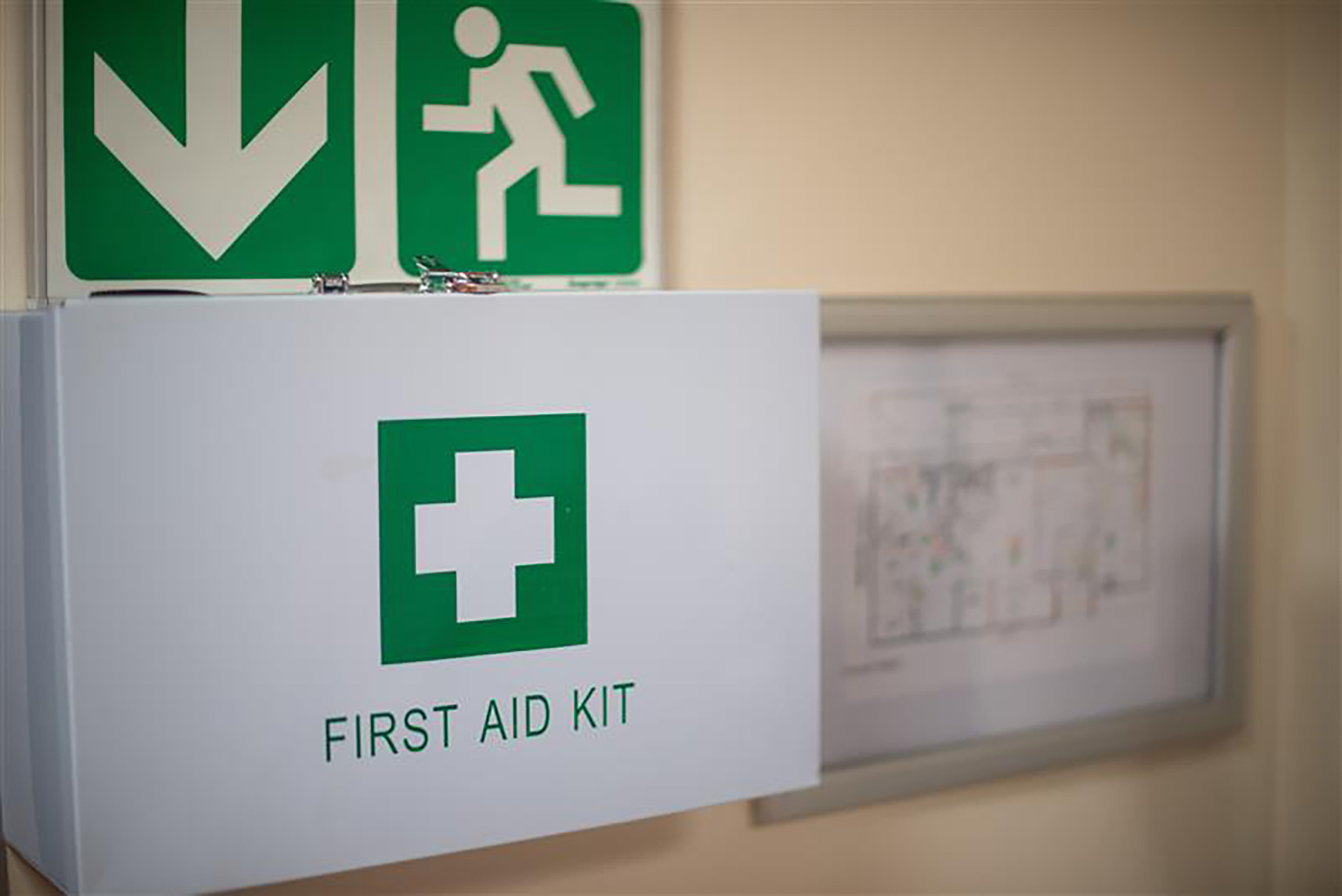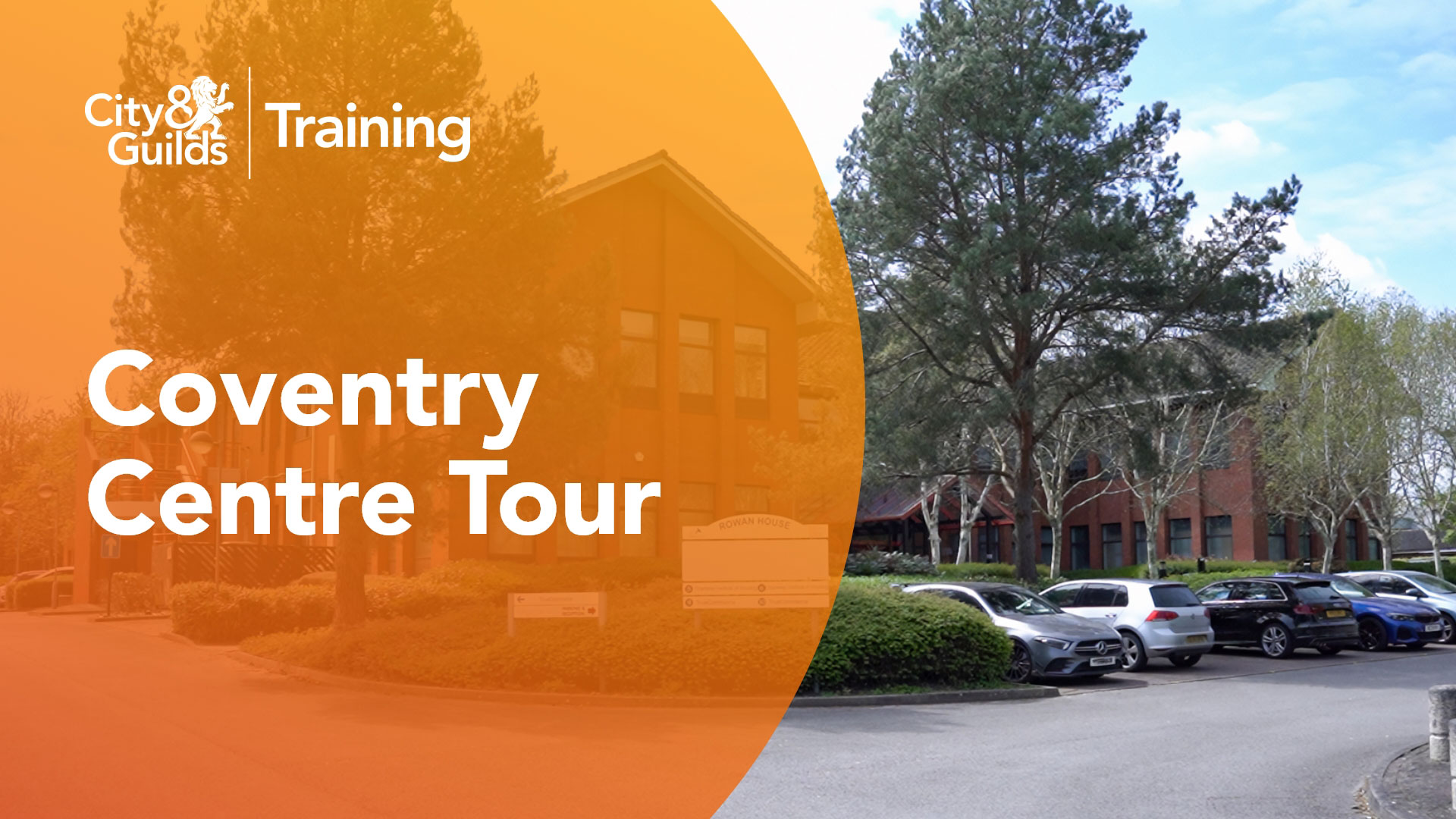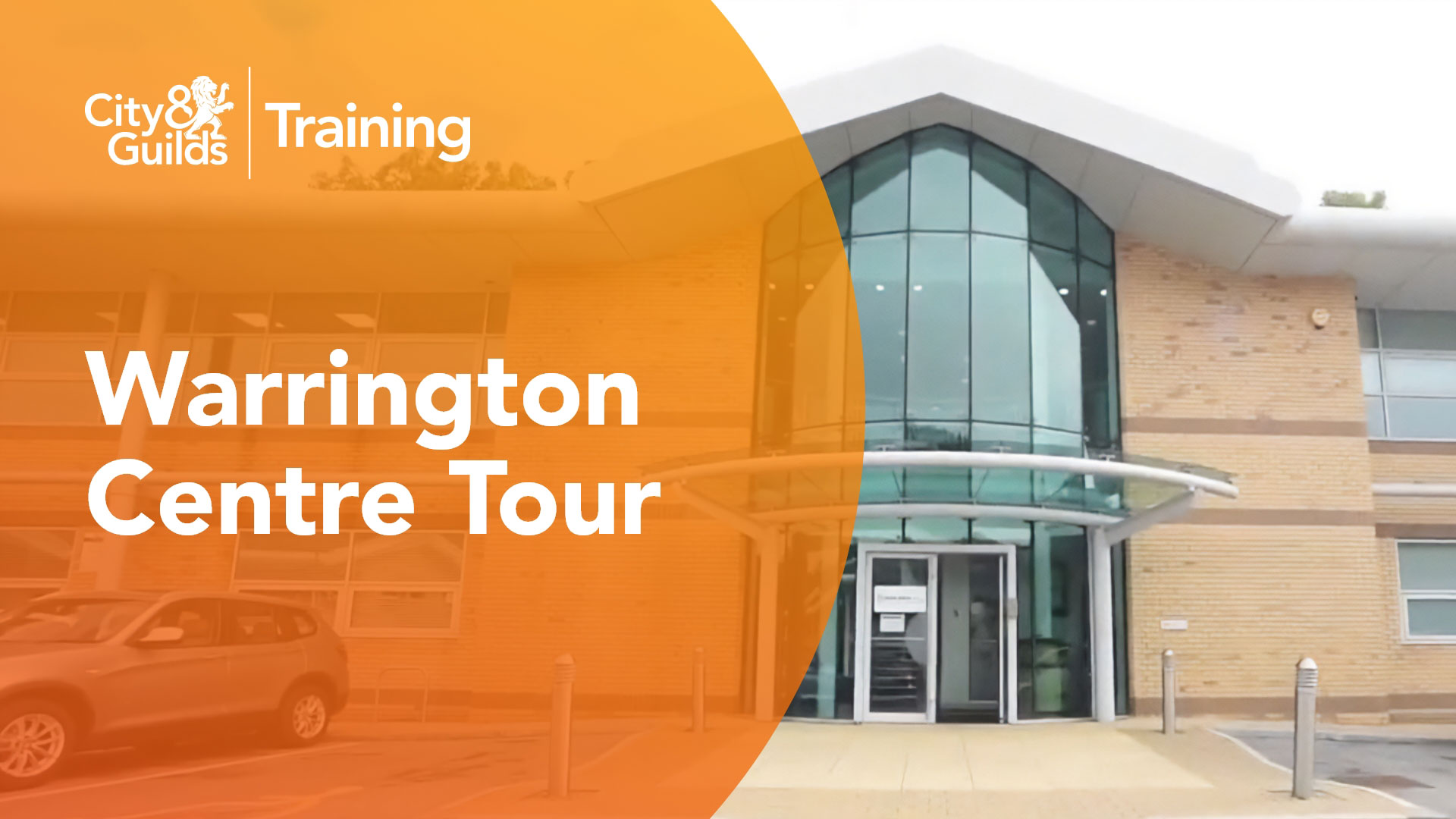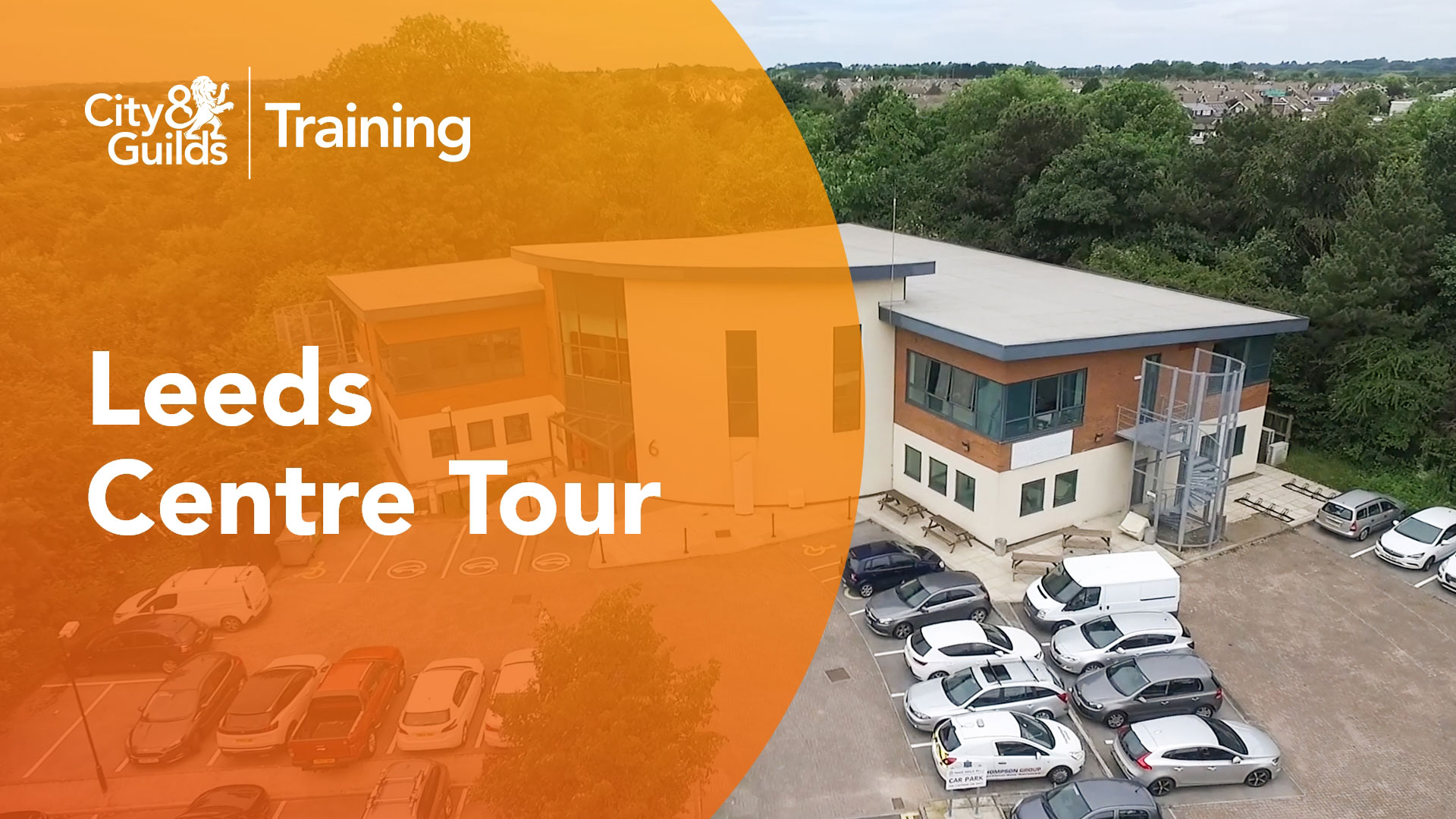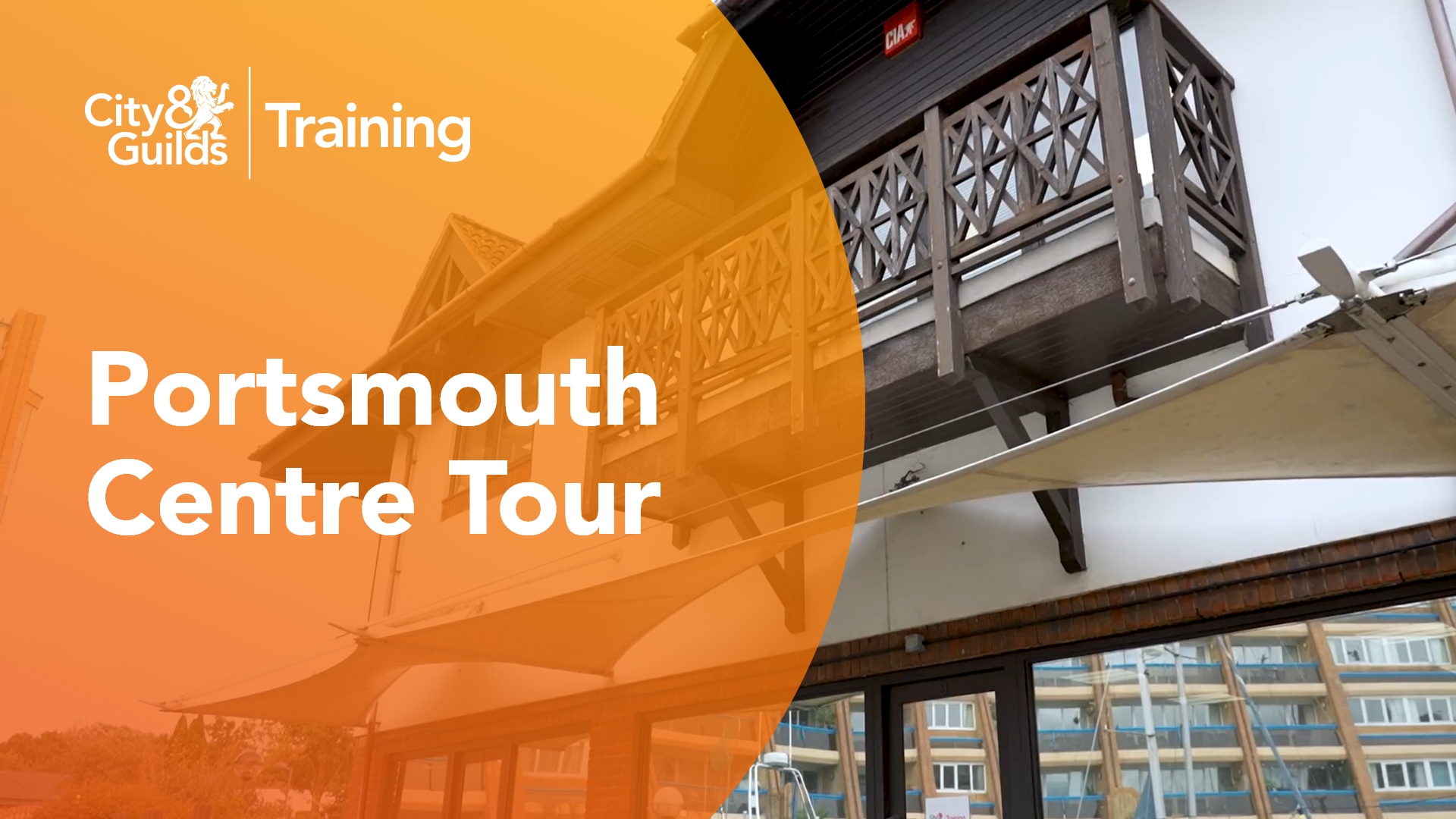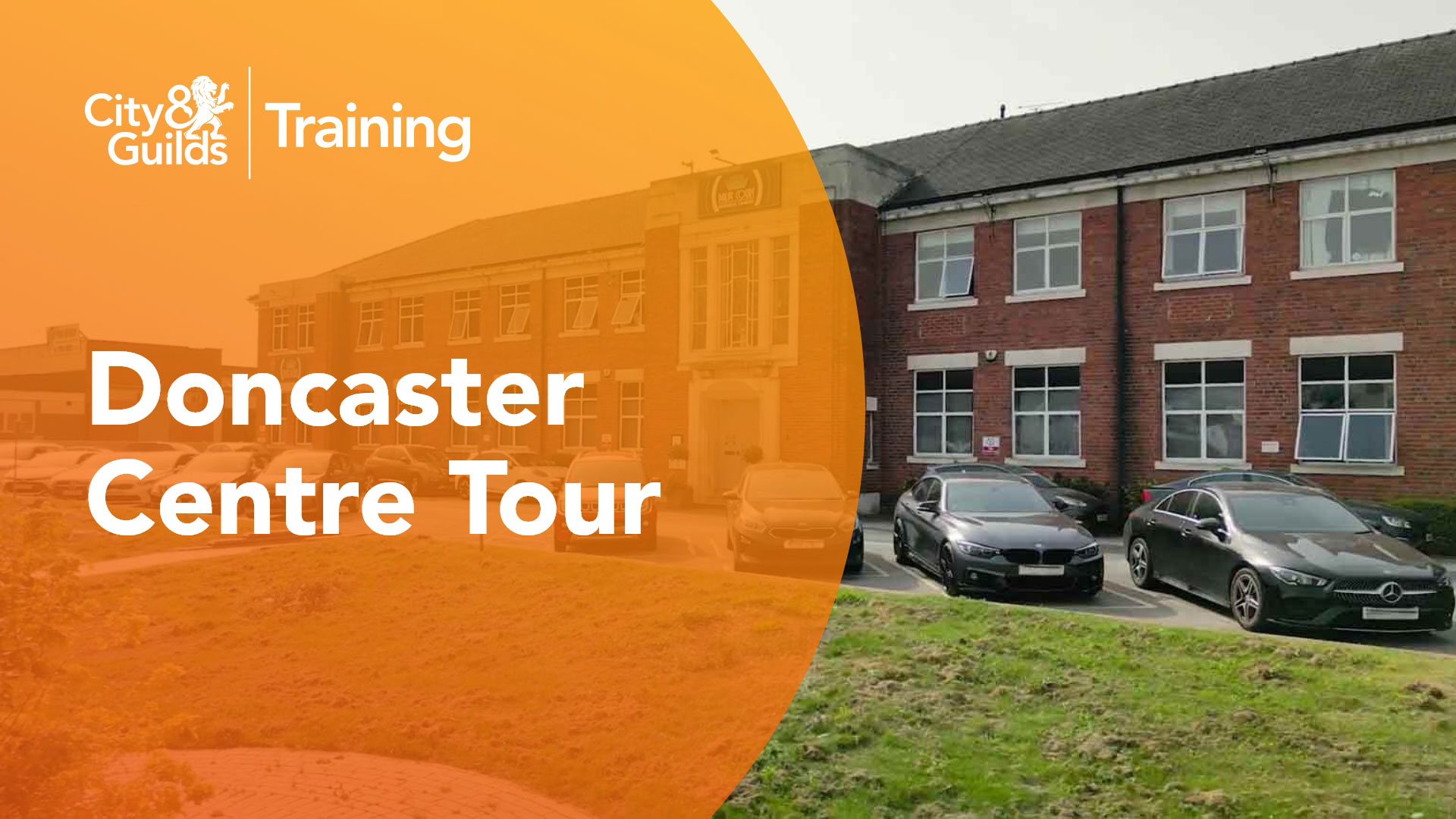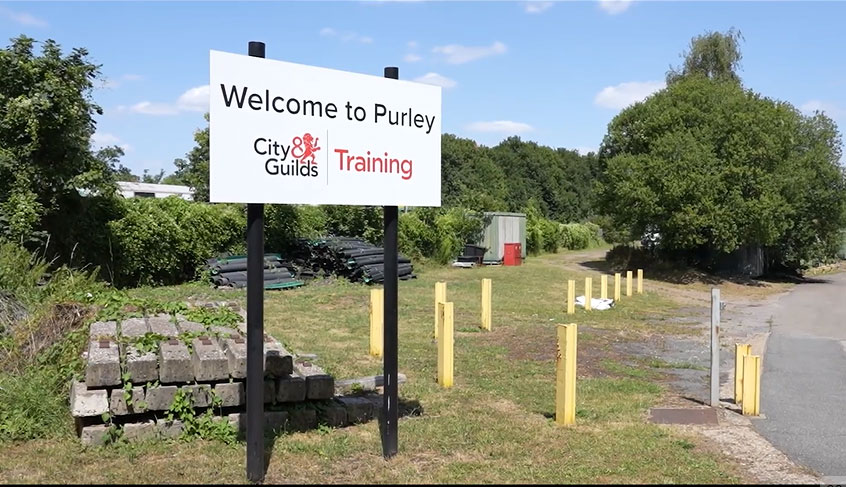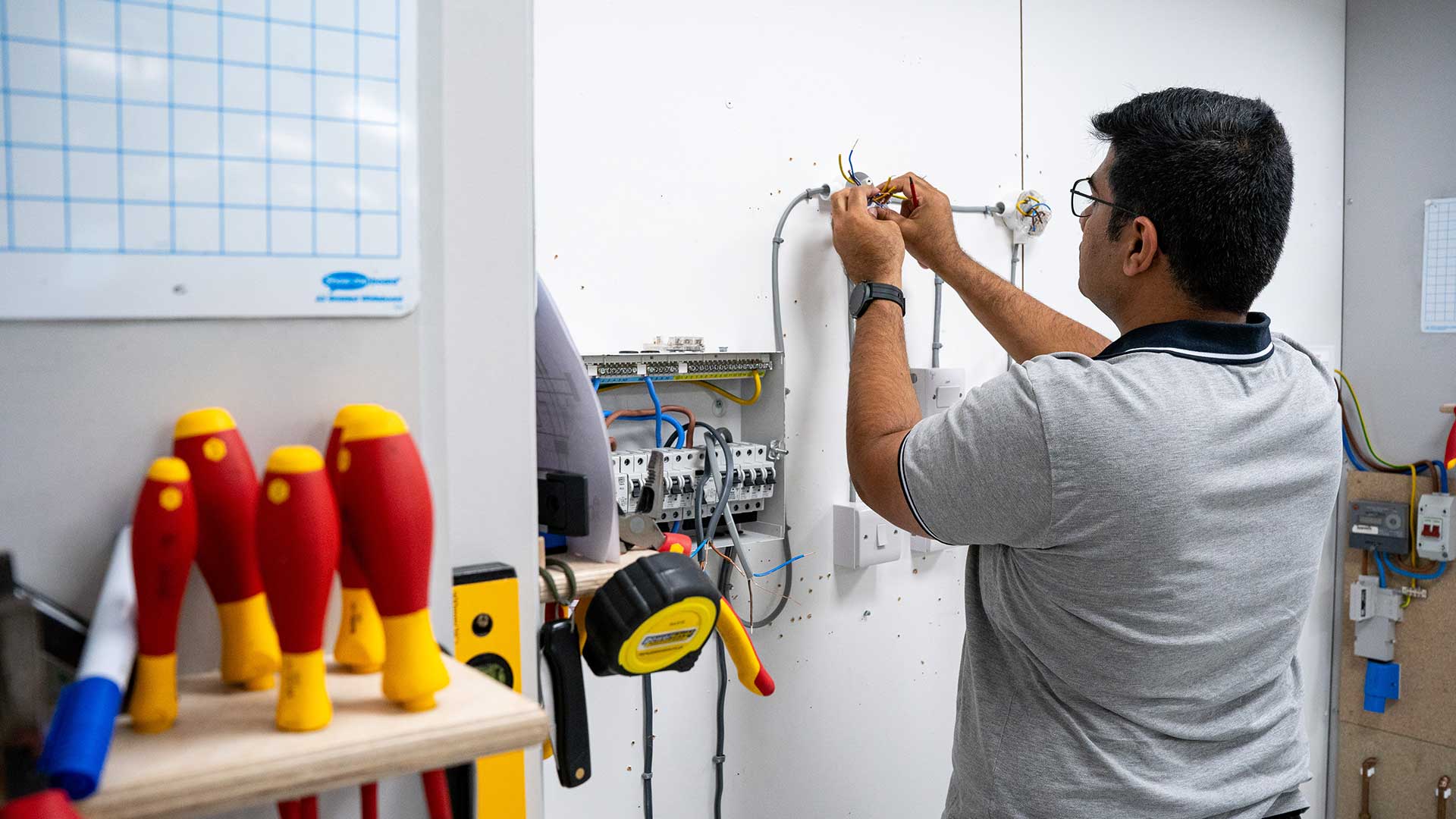Many householders take dangerous risks with the electricity in their home. Despite the UK having one of the safest electrical systems in the world thanks to the 3 pin plug, there are still 1000’s of electrical injuries occurring every week and at least 1 person is killed every week in a home electrical incident.
So what is happening?
The answer is simple, and frustratingly it is a very easy issue to resolve – common sense. Unfortunately the temptation to take a look at a home electrical installation in an attempt to resolve the issue just proves too much for many householders in the UK. Electricity is very complex and the risk of injury particularly when tampering with older electrical installations is very high.
It is a very common occurrence for an electrician to be called to a home where a simple fault has developed into an expensive problem from someone attempting to make a DIY repair and finding it has not resolved the issue. Another problem is when well meaning family or friends attempt a repair without success.
The message of our blog today is to re-iterate the importance of using only a registered Part P electrician to carry out work in your home. A Part P registered electrician will have undertaken an approved electrician or domestic installer course and be registered with the NICEIC, NAPIT or ELECSA. This means that they not only understand the current rules and regulations to undertake electrical work safely within your property but they can also certificate the electrical work completed which is vital if you hope to sell your home in the future.
When is it time to call an electrician?
Most electricians are more than happy to come and take a look at any electrical concern you have in your home. It doesn’t matter how small you feel the problem might be, it is the safest solution. If you have any doubt over any aspect of your home electrics, do not use them and consult a Part P registered electrician.
A top tip from Trade Skills 4U is to have a home electrical inspection carried out if you have not had one done within the last 10 years. This report will tell you if your home is electrically safe and if it isn’t want needs to be done to make it safe. It is money well spent and the vast majority of landlords and estate agents have one carried out on all their properties to ensure the safety of their tenants. Why should your home be any different?
Normally you will have plenty of time to call in an electrician before an emergency situation occurs. There are plenty of warning signs to look out for that all is not well with your electrical installation by looking at your fuse box:
- Firstly, take a look at your fuse box (known as a consumer unit.) Essentially this is the main ‘hub’ of your electrical system in your home. It controls all aspects of electrical output and nowadays should have full control and act on your behalf if there is a problem. A common sign of a problem is your electrics tripping. Many people are guilty of simply resetting the breaker and carrying on for a while longer. The advice from Trade Skills 4U is to not delay in consulting a Part P registered electrician as the problem is becoming worse and more costly to repair by resetting a breaker continuously.
- Appliances that blow fuses when switched on – this means there is a problem with the appliance concerned and that fuse blowing has potentially saved your life. As much as this is an inconvenience, the appliance does need to be replaced. Never exceed the plug Amp indication given on every plug, it is there to ensure your safety. By exceeding the Amps (by fitting a fuse with a higher Amp than indicated on the plug) you are leaving yourself open to electrical injury or worse.
- Old wooden backed or black wired consumer units – Before the days of breakers and RCD’s you would have been expected to replace an old fuse wire yourself. Obviously these days are long gone however electricians are still finding foil and paper clips being used as makeshift fuse wires and they will be nothing to ensure your safety – in fact if there were a problem you would not be protected at all. If you have a dated consumer unit, it is worth investing in a new one to ensure you and your families safety. You will also benefit from RCD protection which cuts the power in less than a second if a problem is detected. RCD protection is responsible for saving many lives which is why is is now fitted as standard to all new consumer units.
If all is well with your consumer unit, then electrical safety in the home is really about using common sense and not taking unnecessary risks. For example, do not use a socket that is broken or overload sockets by using adapters and extension leads. Check cables regularly on appliances for signs of damage, and finally, keep electricity and water separate.
Don’t be tempted to carry out DIY work on your home electrics and consult a Part P registered electrician for advice if you have a concern.

